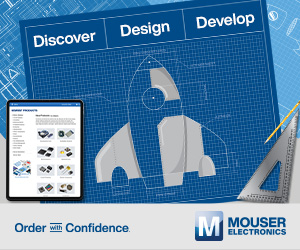Innocence Project Celebrates International Day of Women and Girls in Science
By Sarah Chu, Senior Advisor on Forensic Science Policy
Innocence Project
Today, we celebrate International Day of Women and Girls in Science. This is a day where we honor the achievements and contributions of female scientists who have historically been overlooked — like Rosalind Franklin, who was famously not credited with Watson and Crick in the discovery of the double helix.
Globally, less than 30% of researchers are women, according to the UNESCO Institute for Statistics. In the United States, women make up just 28% of those working in science, technology, engineering, and math (STEM) industries.
We’re lucky to have several awe-inspiring female scientists on our team. And, in solidarity with all women working in STEM fields and the young girls who dream of becoming scientists, we wanted to share their stories — read them here and share with your friends and family.
For me, being the senior advisor on forensic science policy at the Innocence Project isn’t necessarily where I thought my career path would take me. Growing up, my parents – who both worked in STEM fields – set the expectation that I would either become a doctor or an engineer. When we moved from Taiwan to Silicon Valley, that expectation only strengthened.
My mom went back to school to get an engineering degree when I was in elementary school. I remember seeing her cry one night after a professor told her she was taking up a seat that should have gone to a man, and that he was reserving A’s in his class for the men because they were the ones who were going to do something with their degrees. My mom then told me that as a woman and an Asian person, I would need to work twice as hard to be considered on par with a white man in this world.
She went on to excel in her field, and in doing so taught me to be persistent and to not let my own insecurities hold me back. So I tried a few different things in my career — from working in epidemiology to teaching chemistry and physics in the New York City school system.
That made me realize I wanted to use my science degree to do advocacy work that would make my students’ lives better, and that’s how I came to the Innocence Project.
Science helped me realize my passion for justice reform. I believe that in order to get justice, people in the criminal legal system need to understand the science of DNA and other forms of evidence we see used in court.
My advice for women and girls looking to get involved in STEM is: Don’t second guess what you’re passionate about and try to seek mentors who are like you.










